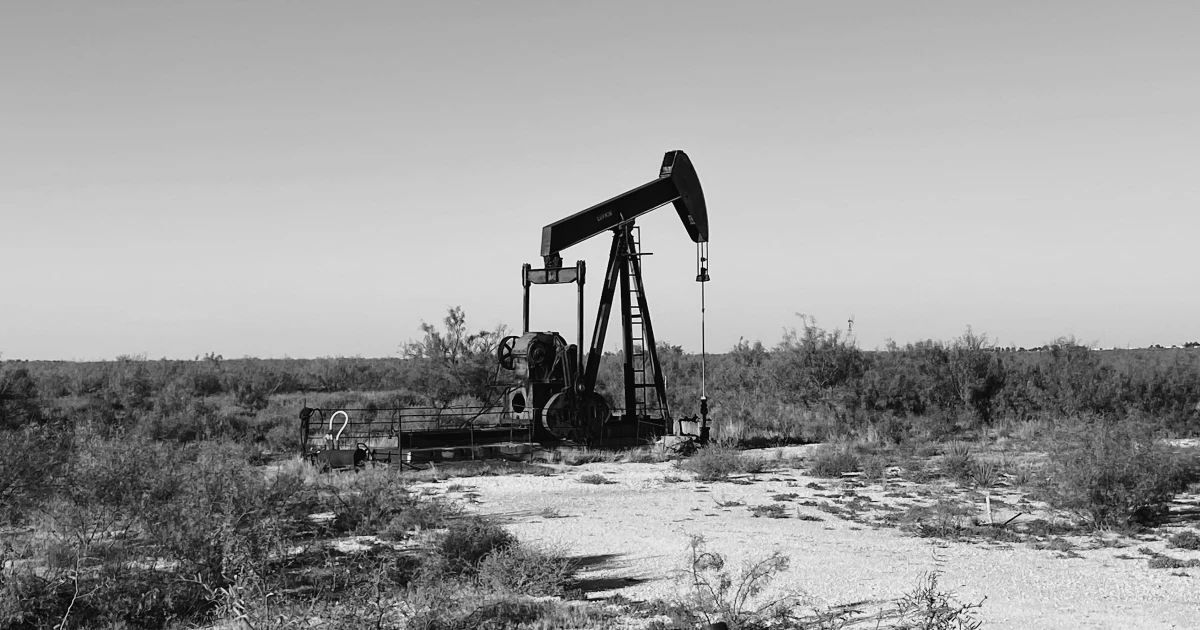By gathering, analyzing, and interpreting large amounts of data, companies in these sectors gain insightful information that helps them make better decisions. This entails gathering data from multiple sources to obtain an objective point of view. Sensors, machinery, or equipment provide information for companies in these sectors.
The great thing about big data is that it enables companies to monitor their operations in real time. It’s an advantage that is so crucial because it recognizes problems immediately. Companies can resolve them immediately without affecting the parties involved. For example, if a pipeline begins to leak, sensors can detect it and, the system will be able to shut it down before providing additional damage.
Beyond that, companies can detect patterns and trends that they wouldn’t have done otherwise if not for the huge amounts of data we are able to collect today! For instance, they can learn if the temperature of the water surrounding their rigs affects the drilling equipment. With this knowledge, companies can optimize their operations and resolve issues in record time.
Come on, we all know that one of the clear objectives that any company has is to make a profit. Therefore, cutting costs and improving efficiency are on the to-do list of everyone. On that note, data analytics can reveal trends in energy use and show when consumption goes overboard. This way, operators are allowed to discover the areas where they can decrease waste and save money.
Alternatively, by measuring production data, they can also improve performance. By combining production schedules and downtime, operators will learn where the pain points are.
And moving forward to the environmental impact, we need to keep in mind that oil and gas firms are under pressure to lower their emissions. Because let’s be honest - they are a huge contributor to the growing problem of climate change.
In fact, the companies in this sector of activity are responsible for almost 10% of the total Greenhouse Gas Emissions globally. And that’s not all. By using their products, other industries add another 33% to the total emissions. So can we conclude that the oil and gas sector, as we know it today, is responsible for almost half of the main cause of global warming? I think we can.
The silver lining here is that with the help of big data, companies can observe when their emissions are too high and do something about it.















